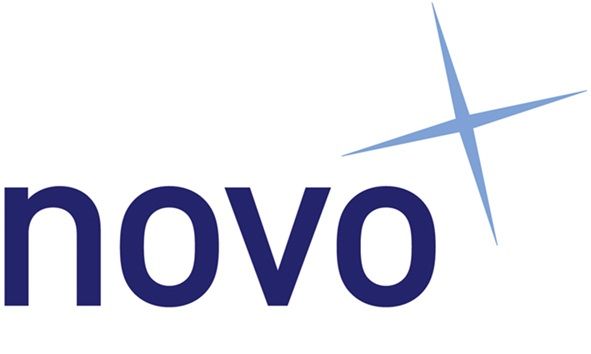Research reveals | HR issues now dominate CEO agenda

A plethora of HR issues including demotivated employees, poor mental health and diluted company culture have been cited as top concerns for company leaders when it comes to the concept of working from home in the long run, new research has found.
Prior to UK Prime Minister Boris Johnson unveiling new COVID-19 restrictions, new research from LinkedIn found that CEOs were prioritising reopening offices over fears that being out of the office environment was having a negative impact on the workforce.
Growing concerns about the impact on company culture (39%), fears about employee mental health while working from home (37%) and concerns that remote staff may become bored and demotivated at home (35%) were cited as the main concerns among leaders.
With the UK Government’s new measures in place – which are sought to contain the spread of COVID-19 – the research highlighted that executives are concerned that the longer staff work from home, the harder it will be to return them to the workplace when they re-open.
Janine Chamberlin, Director at LinkedIn, said: “Leaders recognise that the longer their employees work from home, the harder it will be to encourage them to return to offices, as people get used to working remotely. Executives are also concerned that the extended period out of the office is severely damaging organisational culture and employee morale, which can have a knock-on impact on business performance.
“Keeping employees engaged and connected, finding new ways to nurture culture remotely, and looking after employee wellbeing is going to be crucial to building workforce resilience during this continued period of uncertainty,” Chamberlin added.
Elsewhere, the research found that more than two-thirds (68%) of executives said that employees have become anxious about workplace health and safety and are increasingly vocalising their concerns (63%). Additional data from LinkedIn found that just 24% of UK workers would be willing to return to offices when they re-open, with 60% of staff citing exposure to others who may not take health and safety guidelines seriously as a top concern.
LinkedIn’s data surveyed 250+ C-Level executives in the UK to find out their top workforce priorities. The study found that prior to the latest Government guidance, leaders were focussed on getting their staff members back to offices safely, however, many are now having to reconsider plans in light of the new guidance.
The study found that 46% expected some workers to return to workplaces in the next couple of months, while almost one-third (30%) anticipated that all employees would return in the next six months.
‘Connection and communication is key’
Yet, with many employees continuing to work from home, Steven Buck, Head of People Science, EMEA at Glint, said that communication and connection are crucial for keeping employees motivated and engaged when remote.
Buck explained: “Data from Glint finds that at the start of the global pandemic employees felt well supported working remotely, but as time has gone on, that sense of connectedness has gradually loosened and employees now feel less invested in their colleagues and leaders.
“This is cause for concern amongst executives, and there is now a real focus on helping teams to thrive in a virtual environment.
“This means managers keeping important dialogues open with their teams, and finding new ways to keep organisational culture alive by building strong and sustainable habits, such as regularly getting employee feedback and insights, having conversations, setting effective goals, and encouraging learning and growth,” he added.
Greater flexibility going forwards
In order to satisfy the needs of employees going forwards, CEOs have recognised the importance of creating more flexible working policies.
41% of leaders said they want to introduce more flexible working hours to support parents and those with dependants, while 49% want to give staff greater choice over working from home.
Corporate cultures that enable everyone to feel like they belong, and workforce diversity were also identified as other areas high up on the CEO agenda.
Many of the areas identified within LinkedIn’s study – including company culture, employee motivation and mental health – are areas that the HR function is tasked with looking after.
Therefore, it is crucial to implement strategies that will help employees with working from home going forwards.
Originally published on HR Grapevine News, https://www.hrgrapevine.com/content/article/2020-09-29-hr-issues-now-dominate-ceo-agenda












